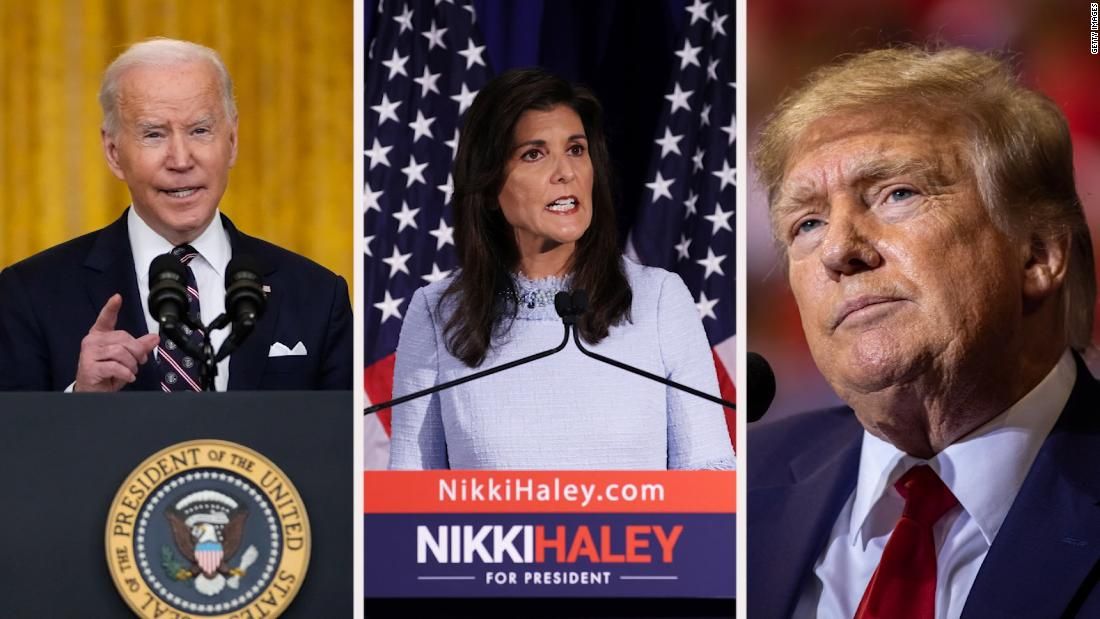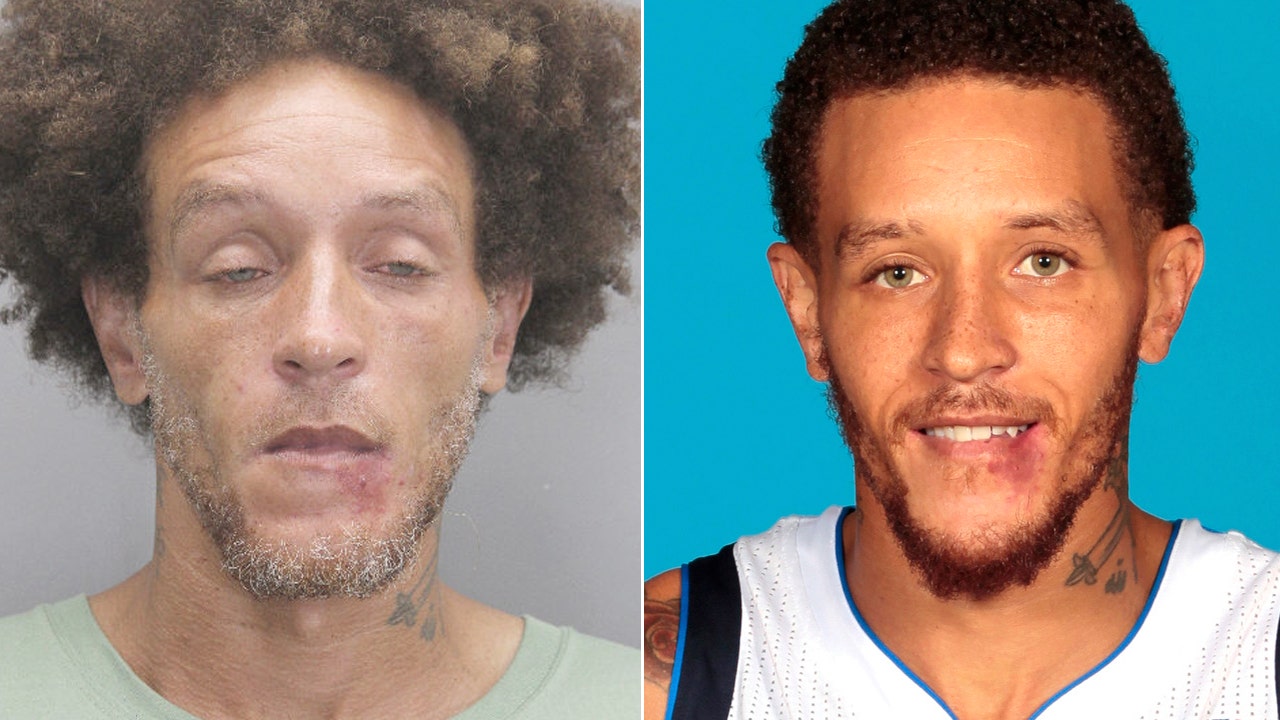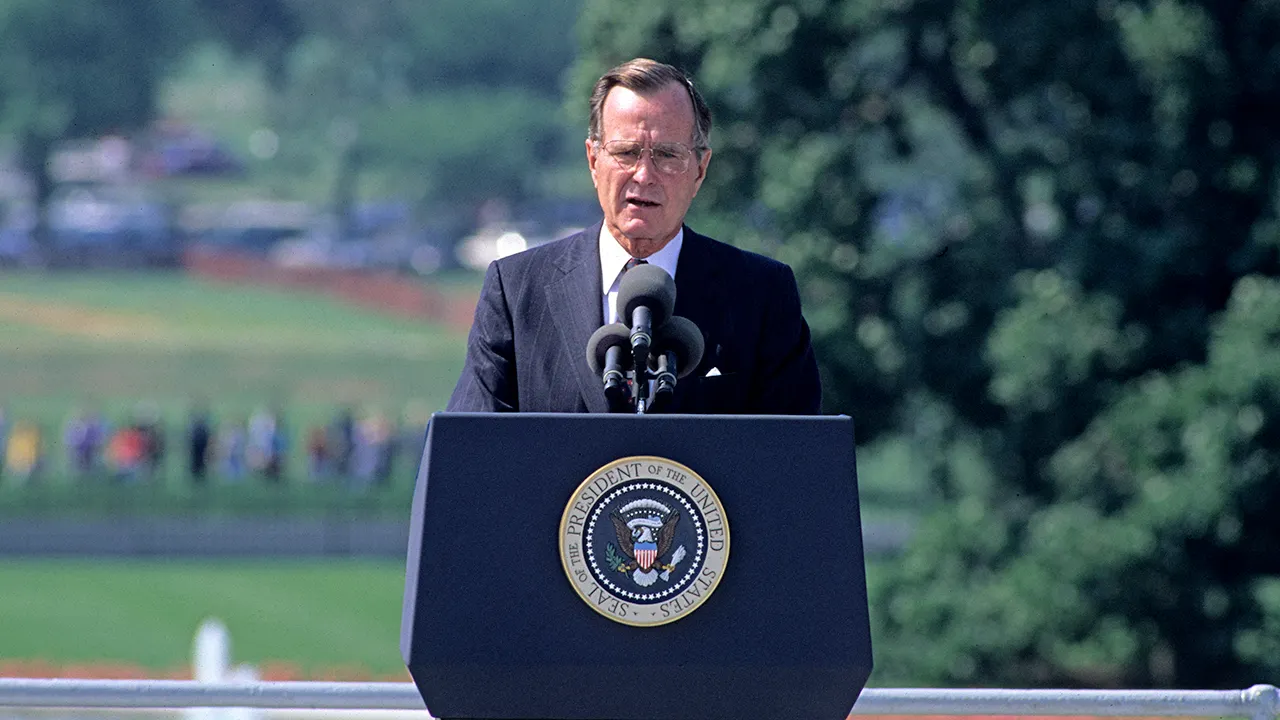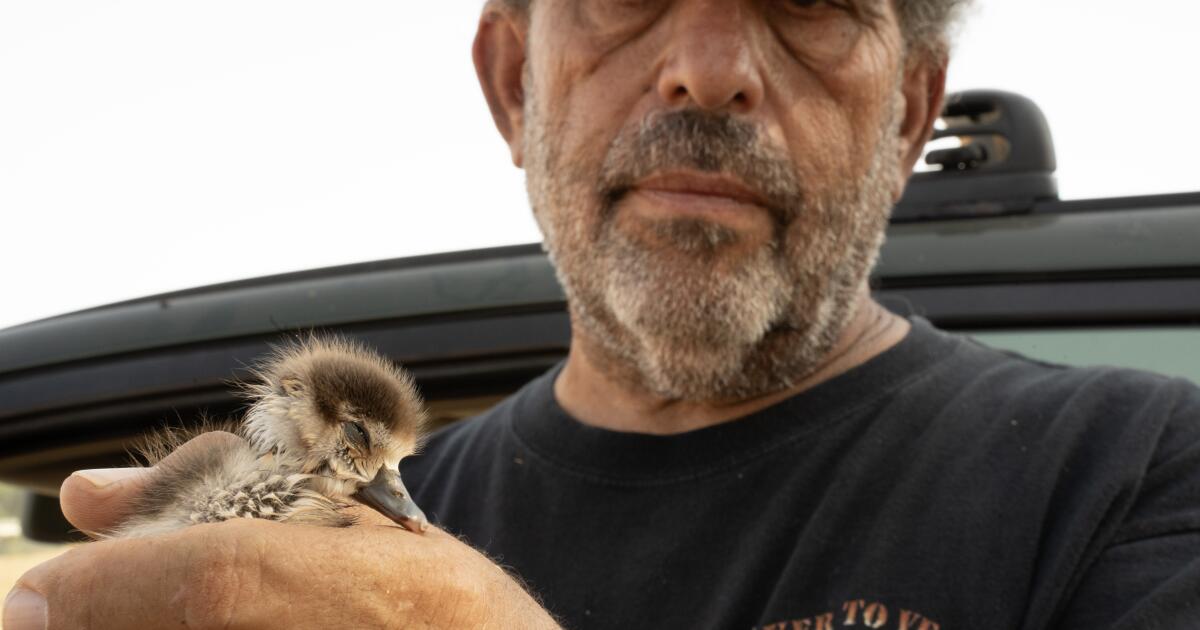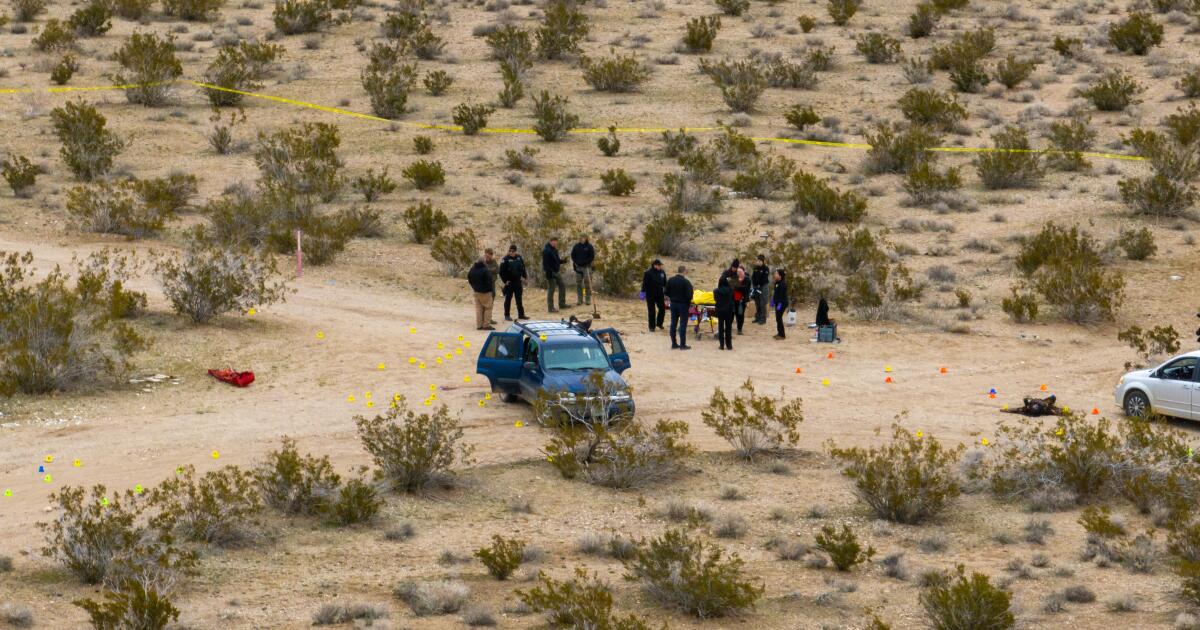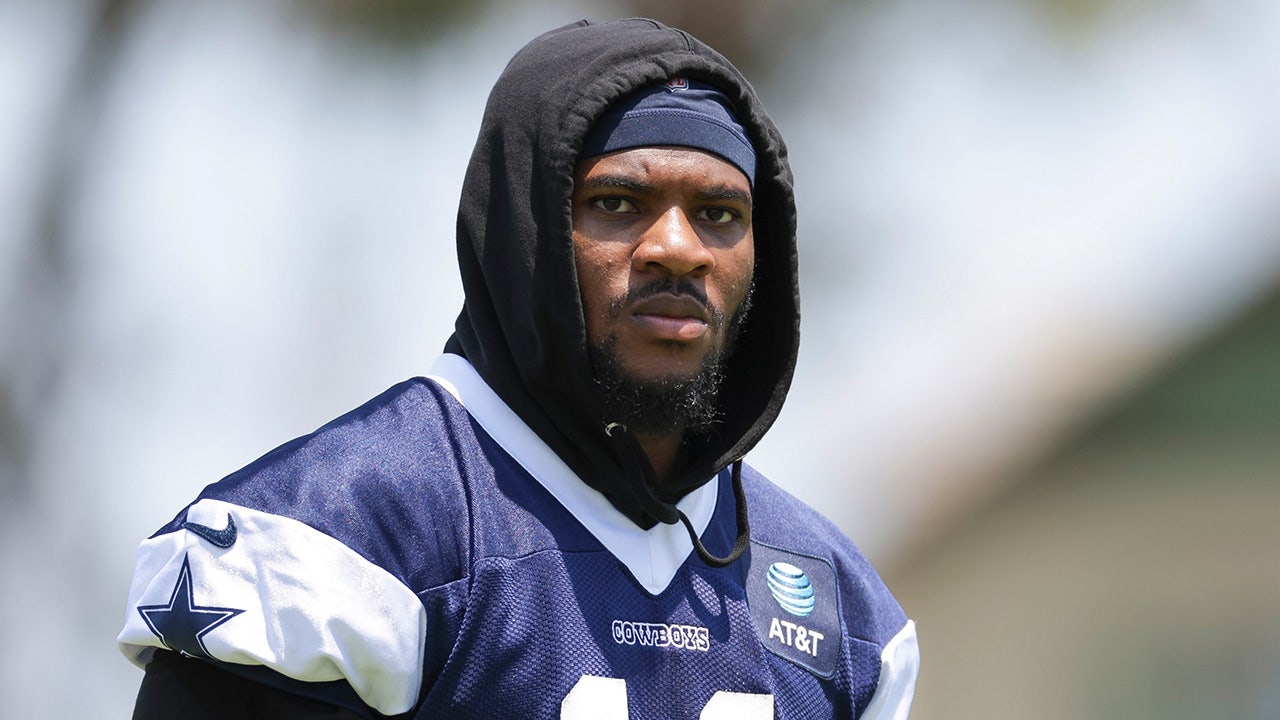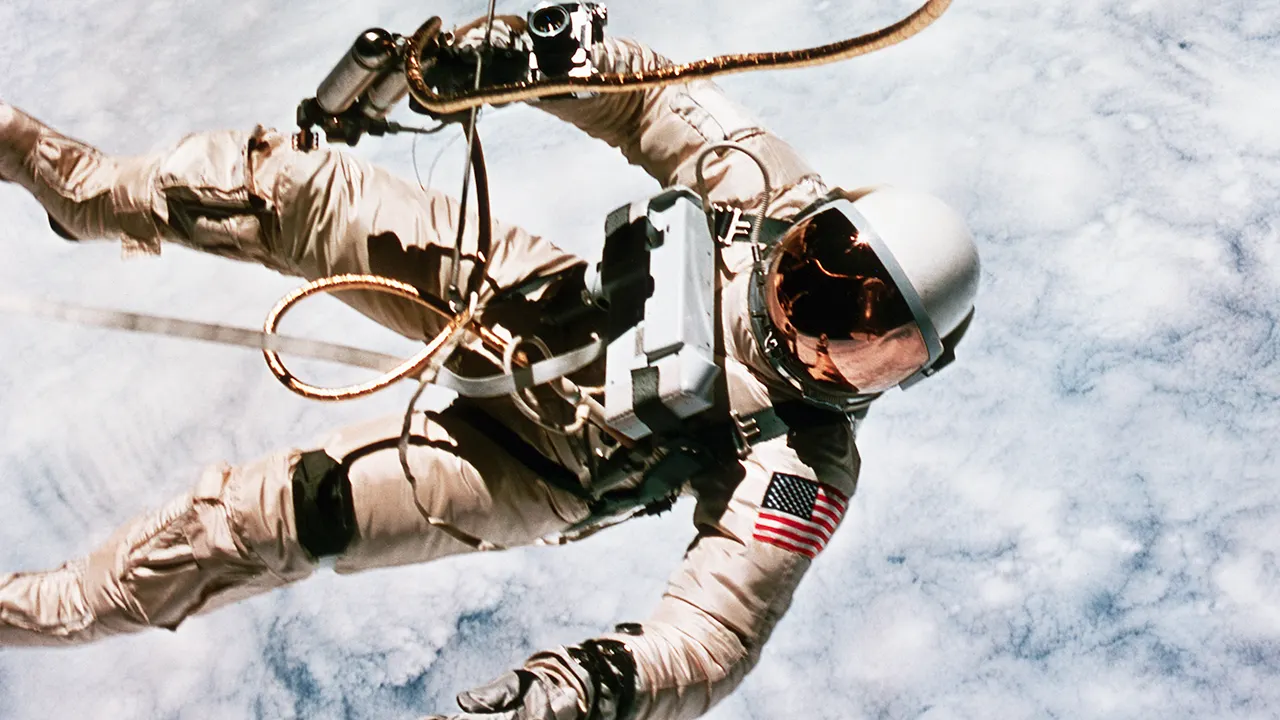Nevada will hold two Republican contests in three days: the state-run primary on Tuesday, where Donald Trump is not on the ballot and no delegates are at stake, and the Nevada GOP-run caucuses on Thursday, where the The former president faces no serious opposition to winning the state's 26 delegates.
Trump only participates in the caucuses and, therefore, is not in the primaries. Meanwhile, his only major GOP rival in 2024, former South Carolina Gov. Nikki Haley, is on the primary ballot and not participating in the caucuses.
The parallel races are the result of a 2021 Nevada state law that requires a primary, a change from the state's previous use of a presidential caucus system. State Democrats adopted the primary system (President Joe Biden and author Marianne Williamson will be on the Democratic primary ballot on February 6), but Republicans rejected it, and the state GOP, led by Trump loyalists, opted for holding their own caucuses.
The Nevada Republican Party warned presidential candidates last year that they would not receive any delegates if they ran in the state's primary. But some, including Haley, South Carolina Sen. Tim Scott and former Vice President Mike Pence, decided to do it anyway. All but Haley have dropped out of the race.
Meanwhile, Trump, as well as Florida Gov. Ron DeSantis, businessman Vivek Ramaswamy, former New Jersey Gov. Chris Christie, North Dakota Gov. Doug Burgum and Texas pastor Ryan Binkley, are running. to participate in caucuses.
The departure of those candidates (aside from the little-known Binkley, who is still in the race) effectively cemented Trump's victory in the caucuses before any of the dueling contests took place.
“We will deliver 100% of the delegates from the state of Nevada to Donald J. Trump,” Nevada Republican Party Chairman Michael McDonald said at Trump's rally in Las Vegas.
The state Republican Party's decision has faced critics who say it was an effort to help Trump fend off a competitive race.

